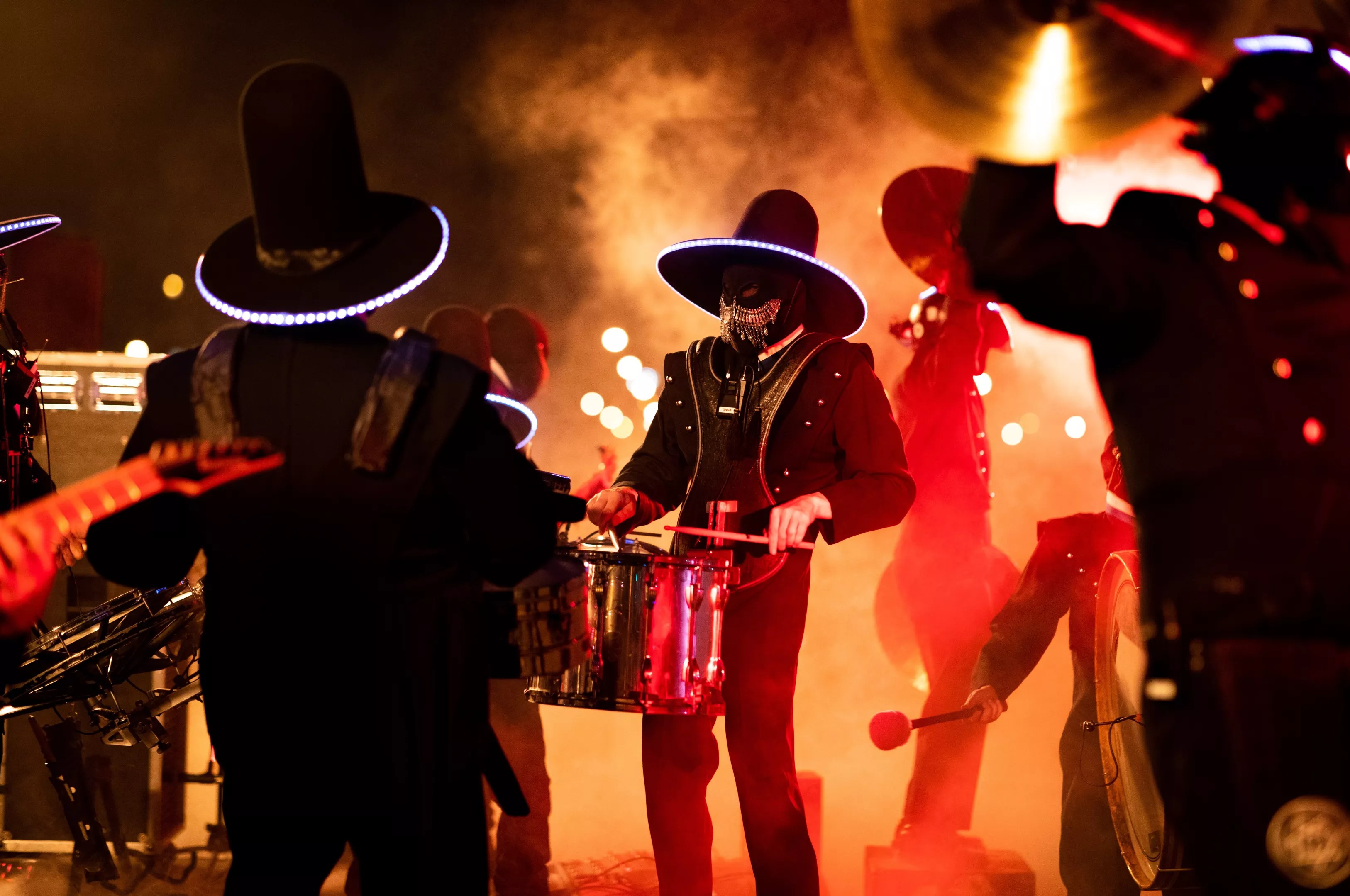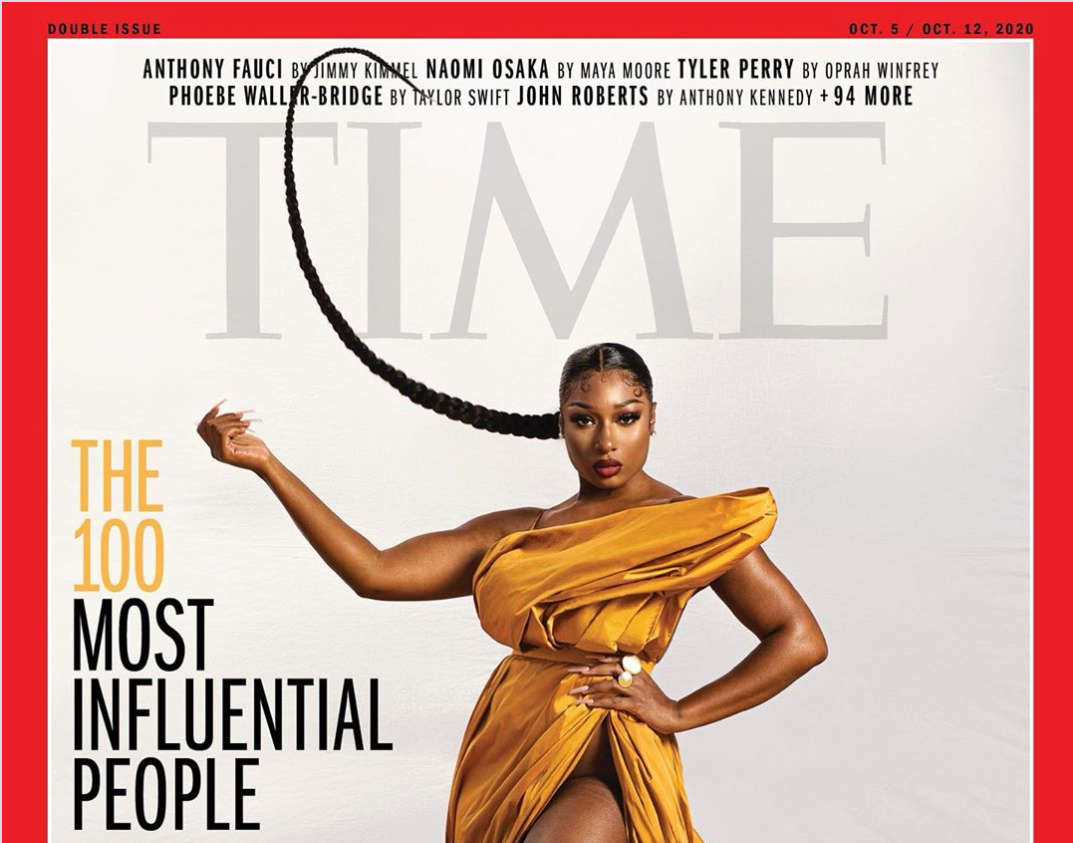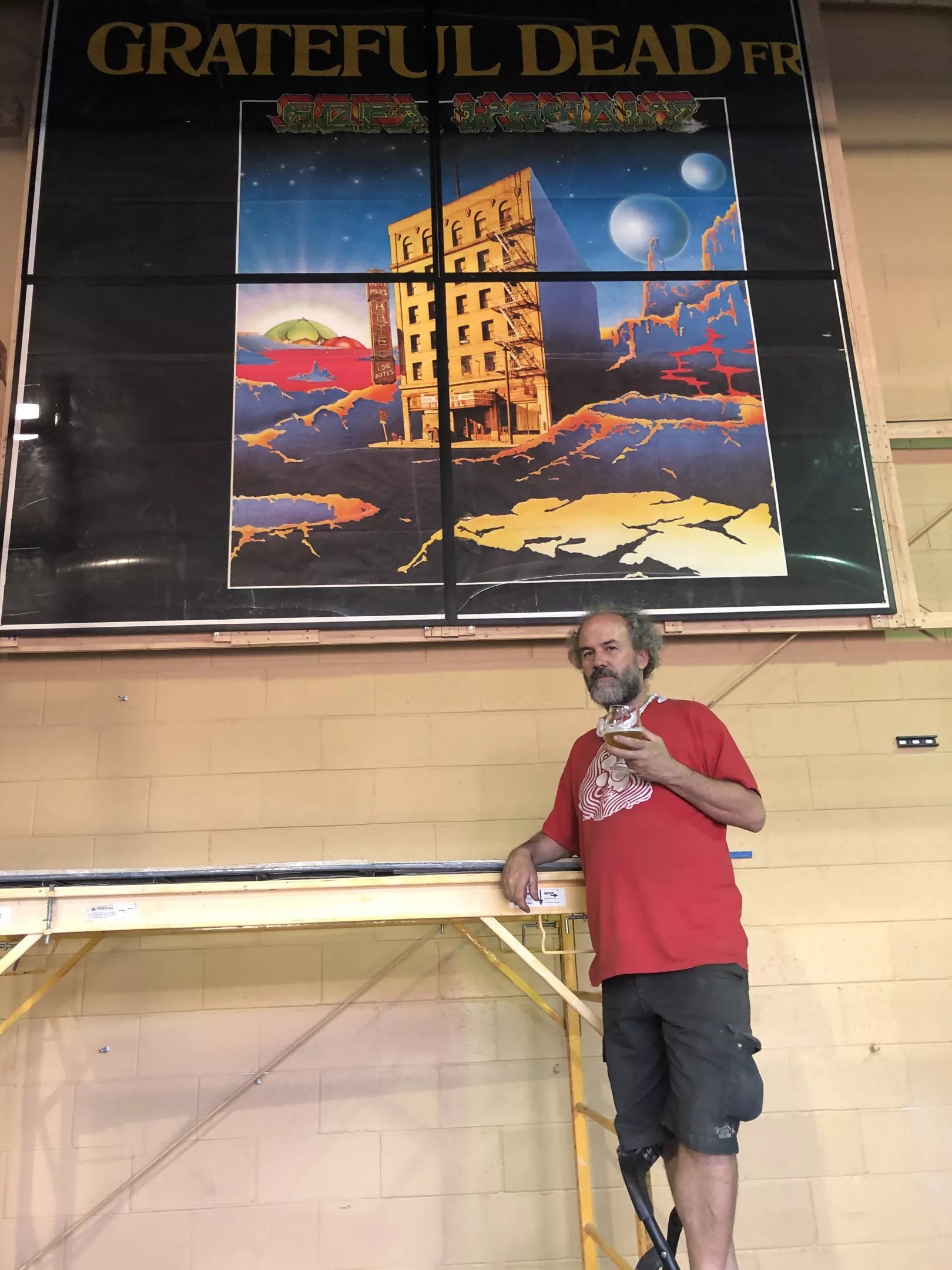
Aaron Thackeray

Audio By Carbonatix
Yes, 2020 was a terrible year for live music. After a promising start, the entire industry shut down in mid-March as concerts were canceled and venues went dark; music-industry workers lost their jobs and scrambled to pay rent. But there were some bright spots in the darkness: Industry insiders united, musicians found new ways to create, and much of the scene showed up for the Black Lives Matter movement.
Here are the ten biggest music stories of 2020:
The Beginning of the End
As February bled into March, COVID-19 started making headlines in Colorado, but nobody had any idea how bad things would get. On March 12, concert-promotion giants Live Nation and AEG suspended tours through April (Post Malone managed to squeeze in one last show); over the next few weeks, those concerts were all canceled or pushed to the fall and, ultimately, 2021. Workers were laid off, musicians canceled tours, fans mourned their lost summer plans. A few venues like the Lion’s Lair shut down early of their own volition, but soon the State of Colorado issued a stay-at-home order that turned off the entire live-music industry. While some limited-capacity shows took place over the summer and early fall as restrictions were loosened, those are again forbidden, and some venues have closed permanently.
Will you step up to support Westword this year?
At Westword, we’re small and scrappy — and we make the most of every dollar from our supporters. Right now, we’re $21,000 away from reaching our December 31 goal of $50,000. If you’ve ever learned something new, stayed informed, or felt more connected because of Westword, now’s the time to give back.
Rampant Unemployment
When the live-music world went dark, musicians, talent buyers, security workers, sound and lighting engineers and other crew members found themselves scrambling for unemployment benefits with no return to work in sight. Some applied for various emergency grants, while others fled the industry altogether. With little government aid, many went into deep debt with landlords and could face eviction when the moratorium is lifted. And until vaccination is widespread, there’s little hope that most will be returning to work. “We were at 55 employees in March. Today we are four,” says Donald Rossa, owner of Dazzle. Denver Arts & Venues reported that Colorado’s music industry lost 8,327 jobs between April 1 and July 31. A few months later, Arts & Venues itself furloughed its staff. For months, venues have been encouraging Congress to pass the Save Our Stages Act. Kyle Harris
Independents Unite
The silver lining of the pandemic: The indie venues that once competed came together to fight for their future. Together they lobbied the city, state and federal government; championed the Save Our Stages Act (and in the process threw the Save Our Stages online concert, one of the biggest virtual shows in history); and pushed for the future. With 90 percent of venues reporting that they would likely shut if federal relief didn’t come, this work, headed in Colorado by Levitt Pavilion director Chris Zacher, was urgent. Ultimately, on December 21, Congress passed the Save Our Stages Act as part of a $900 billion relief package.
Closing Time
Within weeks of the shutdown, legacy clubs and other independent music businesses started announcing they were closing permanently. Jazz took a particularly big hit, as Live @ Jack’s and La Cour shut down early in the year and decades-old jazz institution El Chapultepec announced in early December that it would not return. The Zephyr Lounge, 3 Kings, Tooey’s Off Colfax and Bowman’s Vinyl and Lounge are also gone for good. The owners cited a mix of reasons for the closures, from the economic damage inflicted by COVID-19 to shifts in the city that make it increasingly hard to do business. Amid the closures, though, there were also improbable openings, including social club and outdoor bistro Number Thirty Eight and HQ, which Oriental Theater owners Scott Happel and Peter Ore have put in the former 3 Kings space. Itchy-O is ready to celebrate the New Year with a virtual screening of its Sypherlot: Drive-in Radio Bath. Alyson McClaran
The Show Goes On
If we learned one thing during the pandemic, it’s that Denver musicians can find all sorts of ways to keep the music alive, even when social distancing is mandated. And they didn’t stop with live-stream shows. Magic Beans launched one of the first drive-in concerts in the country, and the 57-member experimental troupe Itchy-O elevated that concept with its Sypherlot performances. Wildermiss took its show on the road, playing house-to-house from the back of a flatbed truck, and John Common organized socially distanced house concerts. Dazzle even helped launch a statewide drumming circle to create unity during COVID-19. And to allow venues like the Larimer Lounge to survive, the city closed streets and approved outdoor dining areas.
Black Lives Matter
As protests over racist law enforcement erupted, musicians got in on the action. Brothers of Brass used the music they’d normally play outside massive events to lead the crowds through the streets. Wheelchair Sports Camp teamed up with Machete Mouth and KOKO LA to take on the police, and Barbershop Uncut, Front Range hip-hop’s unlikely new home, dropped “I Can’t Breathe (Again),” a collaboration of Chy Reco, Ramond, A Meazy, Wil Guice and Mic Coats. Pink Hawks and others played protests, longtime punks fought the cops in the streets, and the city was loud with rage. Meanwhile, Nathaniel Rateliff, the Lumineers and Flobots launched a boycott against Fiddler’s Green Amphitheatre to persuade Greenwood Village to abide by the state’s latest police accountability laws. To amp up the cause, EDM promoters strapped a Funktion-One sound system to a truck to make sure that the protesters’ voices were heard. Those weeds under Megan Thee Stallion’s feet are from Red Rocks. Time
Rocky Times
Red Rocks Amphitheatre, the crown jewel of Denver Arts & Venues, had a brutal 2020, with only one large-scale concert, Winter on the Rocks. After that, all normal shows were canceled or postponed for the rest of the year. Still, the venue set a few records at events that held a paltry 175 in the audience, as permitted by law. Nathaniel Rateliff set the record for the most Red Rocks shows in one season by any solo artist, and the Colorado Symphony did the same for groups. For the first time in recent memory, the venue sold out every show and hosted a record number of local headliners. Rapper Megan Thee Stallion, who had an incredible year with “WAP,” was named one of Time magazine’s 100 most influential people of the year, and her photo, taken at Red Rocks, graced one version of the cover. The venue is ending the year with some new construction: a state-of-the-art roof that will make already spectacular shows even more dazzling.
Dance Dance Revolution?
DJs had a particularly tough time navigating the pandemic. After all, what’s dance music without dancing? And some couldn’t resist the lure of the decks. So venues like Beta Event Center were among the first to be shut down by the Department of Public Health and Environment for failing to follow public-health guidelines (it eventually reopened), and while most in the scene were highly responsible, a few outliers threw house parties and un-permitted shows. In response, the electronic-music community united to put a stop to underground, potentially unsafe parties – including large-scale New Year’s Eve events. In the meantime, responsible DJs experimented with throwing virtual raves over Twitch. Like all venues, clubs were hit hard, and some, like the SoCo Nightlife District and Temple, found new ways to party safely when the rules allowed. Jay Bianchi has been hanging art at Tyler Bishop’s new venue, So Many Roads. Tyler Bishop
Keep Truckin’
Grateful Dead entrepreneur Jay Bianchi is one of the Denver music scene’s most colorful characters, and that was on full display in 2020. First, his venue Sancho’s Broken Arrow was shuttered by Denver for violating COVID-19 rules. Then Be on Key Psychedelic Ripple was closed for the same reason. After that, a fire broke out in the latter venue and Bianchi shut down the business, only to help launch a new jam-band enterprise with Tyler Bishop called So Many Roads. That venue doubles as a museum showcasing Bianchi’s impressive collection of Dead posters. Now the Deadhead says he’s looking for a break from the limelight and is spending more time with his family.
Classical Decomposition
Denver’s classical-music institutions, which are driven by live performances, were hit particularly hard by the closures. Musicians and crews were furloughed, and development directors begged longtime patrons to keep up their support, even in the absence of live shows. Meanwhile, Opera Colorado, Central City Opera and Boulder Opera managed to offer some programming, and the Colorado Symphony – which isn’t exactly designed for social distancing – put on an impressive number of virtual and COVID-19-friendly in-person concerts. The orchestra’s greatest feat was a short video of musicians playing an instrumental rendition of “Ode to Joy” that brought hope, healing and wonder to the early weeks of the shutdown.